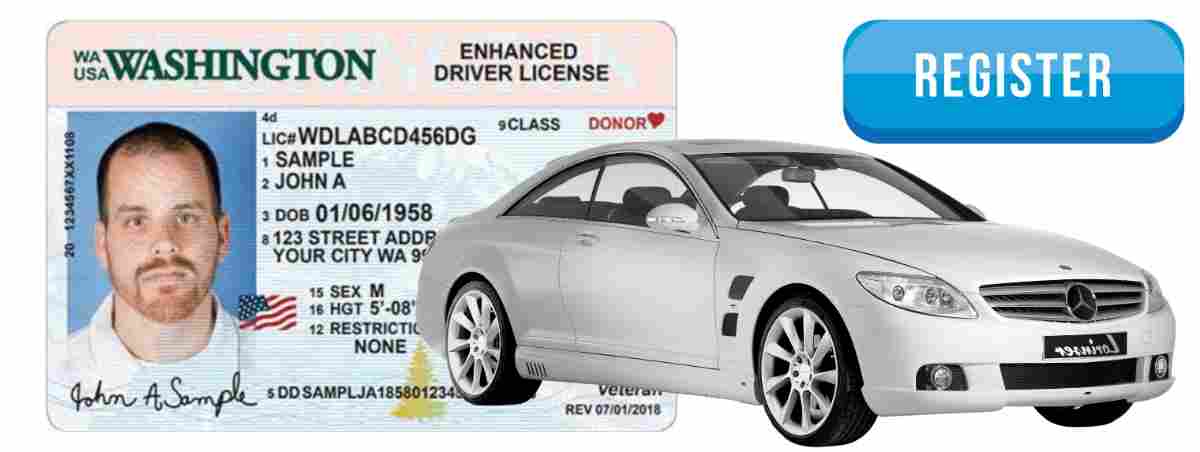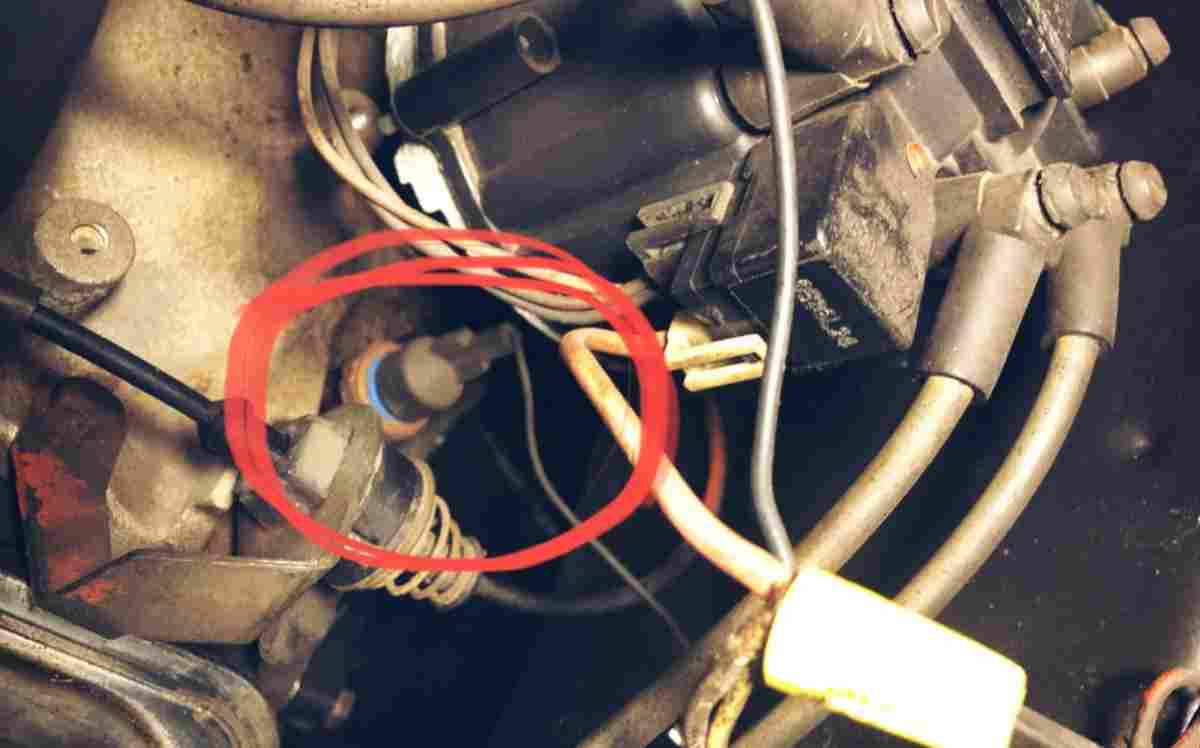Howdy, Driver? What is a bonded title? A bonded title, also called Certificate of Title Surety Bond, is a surety you can use in place of a standard title to register a car in your name for a stipulated time, typically 3 years. If the original title is missing, erroneous, open title or the seller did not issue a title upon purchase of the vehicle, you may request a bonded title as a replacement.

As mentioned on Surety Solutions, the sole difference between a bonded title and the regular title is the “BONDED” mark that indicates that the title is connected to a surety bond.
A bonded title also serves as security in the case of unexpected claims. Absolute Surety states that with a bonded title, you can register a car even against the possibility of another person attempting to claim the vehicle in the future.
For Indiana and Ohio, you need a court-ordered title, as it is called, and not a bonded title, as it is not recognized.
What is the Use of a Bonded Title?
Bonded titles serve several purposes as also stated by LegalMatch.
Below are the uses of bonded titles:
- It helps to determine the ownership of a vehicle for legal purposes.
- It prevents liability for the concealed identity of a car when selling it.
- It allows the new owner to obtain insurance and register the car properly.
- A bonded title gives ownership to a jump title car.
Why You Should Get a Bonded Title
Finextra highlights a few instances that call for bonded titles, which I have to assessed and refined.
You should get a bonded title if:
You Have an Improperly Signed Title
If a car title is improperly signed, it might be challenging to register the car and put it in your name. For example, if a wrong name is signed on the title certificate, it is improperly signed and erroneous, which you need a bonded title to compensate for the error.
You Lost the Title After Buying the Car
If the title certificate is missing before your registration, you need a bonded title, especially when you cannot contact the seller. But if you have contacts with the seller, they may request a duplicate title and sign it over to you for registration.
You Have an Open Title
If you have an open title, the DMV will not register your vehicle. It is equally likely that you bought a curbstone vehicle, which could have been involved in crime, salvaged, or involved in a flood. In this case, you need a bonded title to register the car in your name.
To get a bonded title, you would need the bill of sale, invoice, canceled check or a notarized statement, and your photo ID. You will also inspect the vehicle for safety and theft by submitting the VIN (Vehicle Identification Number).
Why Does Your Car Have a Bonded Title?
If you bought a car with a bonded title, the original title was either lost, jumped title or the previous buyer failed to register their name on the title. Thus, the seller had to obtain a bonded title to register ownership for the car and sell it to you legally.
A vehicle flipper (unlicensed dealer most of the time), typically a curbstoner, could have skipped the title to avoid sales tax, registration charges, and applicable taxes to increase profit. It is also possible that the vehicle was sold as stolen at some point, so the criminals evaded registrations not to get caught.
If a seller must sell a car legally, they have to purchase a surety bond with the insurance company or licensed agency to apply for a bonded title.
What is a Surety Bond?
Ordinarily, a surety bond is a promise by a person that possesses a car to be liable for the failure, debt, and default of another. If the car recorded a lien, parking fines, police citations, etc., you would be liable for the cost.
Since you cannot present a title for the car, the DMV wants to endeavor to protect the ownership of the car. So, the surety bond serves as a form of protection for the previous owner of the title and the state.
If someone steps out at some point to claim the car, they can claim the bond that the current owner of the car should not have been issued the bonded title. If they win the claim, the surety company pays a fair amount to the person and the buyer of the surety bond will repay the surety company.
How to Apply for a Bonded Title
As outlined by TxDMV, Below are the steps to apply for a bonded title:
Determine Your Eligibility
First, you must be a resident or military personnel stationed in the state. Also, the vehicle must be in good shape with no salvage or junk report. In some states, the vehicle does not need to be in perfect condition.
If you meet the above requirements, prepare an administrative fee, typically $15 to $20, depending on the state. Download the Bonded Title Application form from the website of your local DMV, and get supporting evidence of ownership such as a bill of sale, invoice, or canceled check. You also need an acceptable photo ID.
If the vehicle is an out of state vehicle, you may have to inspect the VIN (Vehicle Identification Number) with any authorized Safety Inspection Station. If the vehicle has never been registered in your state, you may have to submit the VIN for auto theft investigation at the station specified by the local law enforcement agencies such as the sheriff’s office or police department.
After the inspection, you will be issued a form certifying the inspection. In Texas, it is known as the Form VTR-68-A.
Get the Notice of Determination for a Bonded Title
You will be issued the Notice of Determination for Bonded Title or Tax Assessor-Collector Hearing which indicates the amount of bond you will buy.
Purchase a Surety Bond
Contact an insurance company or any authorized agency and submit the Notice of Determination for a Bonded Title or Tax Assessor-Collector Hearing and the additional paperwork given to you by the DMV.
Depending on your state, you may be allowed one year to buy the surety bond or you will receive a notice requesting a new bond.
Apply for a Bond
After purchasing the bond, prepare the Notice of Determination for a Bonded Title or Tax Assessor-Collector Hearing, proof of ownership (bill of sale or invoice), and photo ID for submission at your county tax office.
You will need a completed title application form, customs form (if the vehicle was imported), weight certificate (if it is a truck), Law Enforcement Identification Number Inspection (if the car has never been registered in your state), and the Vehicle Identification Report (if you bought the car out of state).
Links to Your DMV Website
Below are links that disclose the process of getting bonded title per bonded-title-supported states:
If any of the links redirect you to the homepage of the official website of the state’s DMV, input “bonded title” in the search bar.
States that Accept Bonded Titles
Alabama, Alaska, Arizona, Arkansas, California, Colorado, Connecticut, Florida, Georgia, Idaho, Illinois, Iowa, Maine, Tennessee, Texas, Utah, Vermont, Washington, Wisconsin, and Wyoming.
FAQs
Is it OK to buy a car with a bonded title?
Yes, you can buy a car with a bonded title. Typically, a bonded title remains in effect for three years but you can still buy or sell a car with a bonded title. It is somehow risky if after selling the car with a bonded title, another person comes up to claim ownership. If the person wins the claim, you may be liable for repaying the surety company.
How do you sell a car with a bonded title?
Selling a car with a bonded title does not require special procedures. So far the buyer is aware that the title is bonded, you need a bill of sale as proof of ownership to give to the buyer.
Will the title always be marked “bonded”?
No, after a specified number of years, typically 3-5 years, you can request a clear title from your local DMV.
Is a bonded title a clean title?
Ordinarily, a bonded title is a clean title. The difference between a bonded title and the traditional title is that a bonded title carries a branded BONDED mark.
4 Simple Reasons Why You Might Need a Bonded Title. Finextra.com.
Bought a Vehicle Without a Title? TxDMV.org.
Buying a car with a bonded title? Here’s what you should know. SuretySolutions.com.
What is a Bonded Title? LegalMatch.com.
Texas Bonded Title Process. AbsoluteSurety.com.



I had no idea that a bonded title helps you get the title for the vehicle if the used car owner failed to add their name as the owner of a vehicle. My friend is thinking of getting his favorite car brand model this year, and he wants to make sure that he can own the vehicle fully.